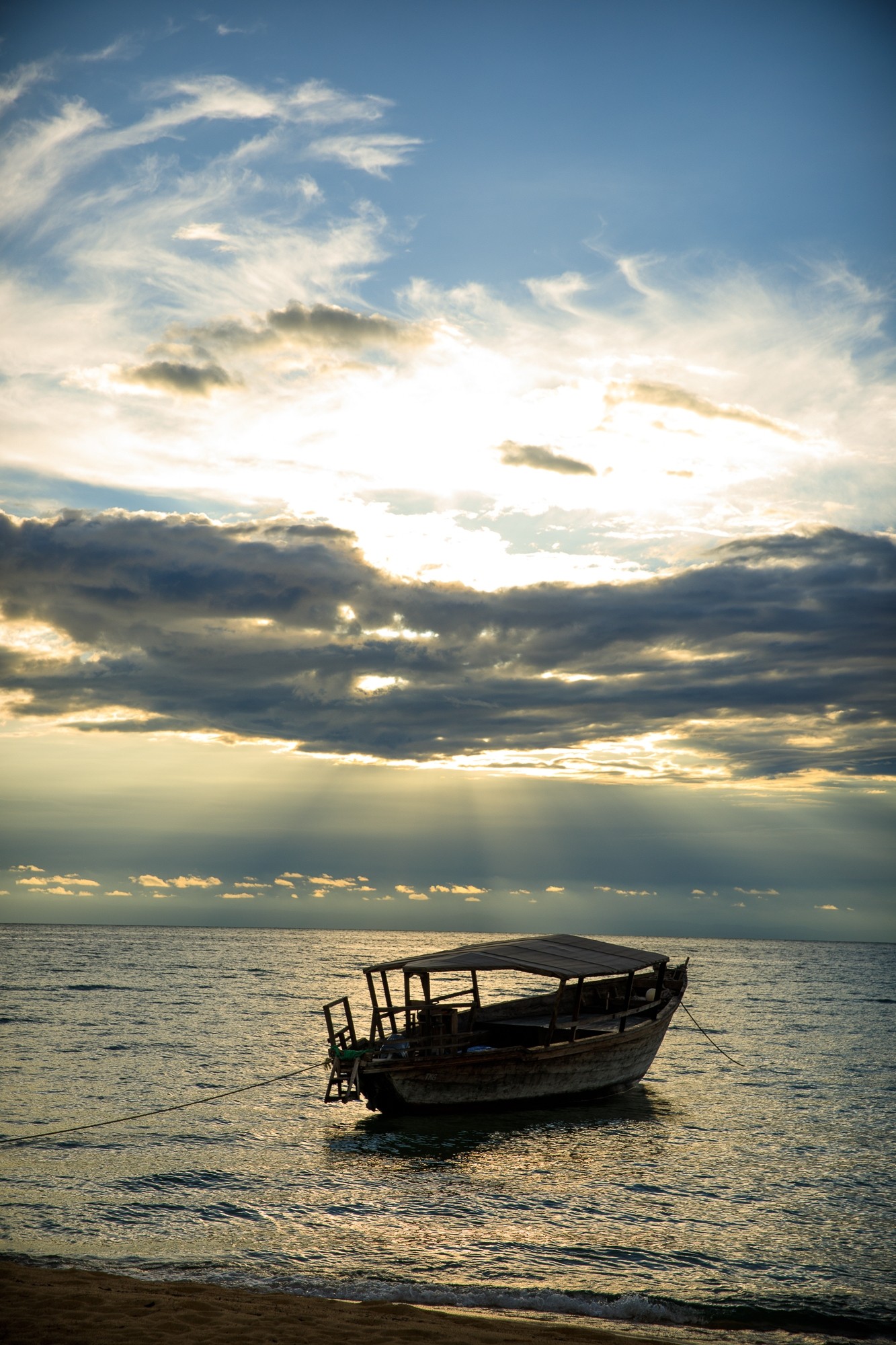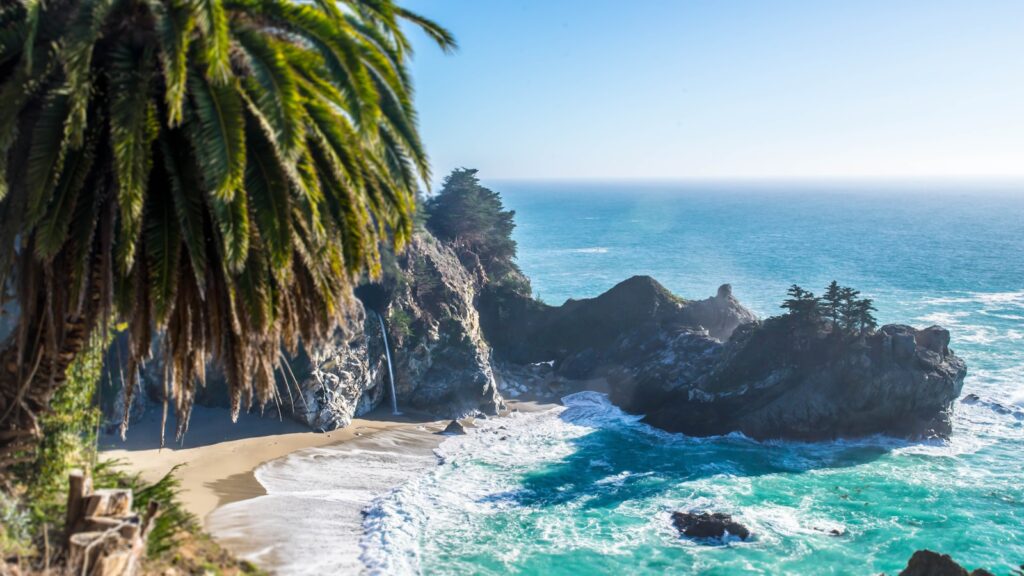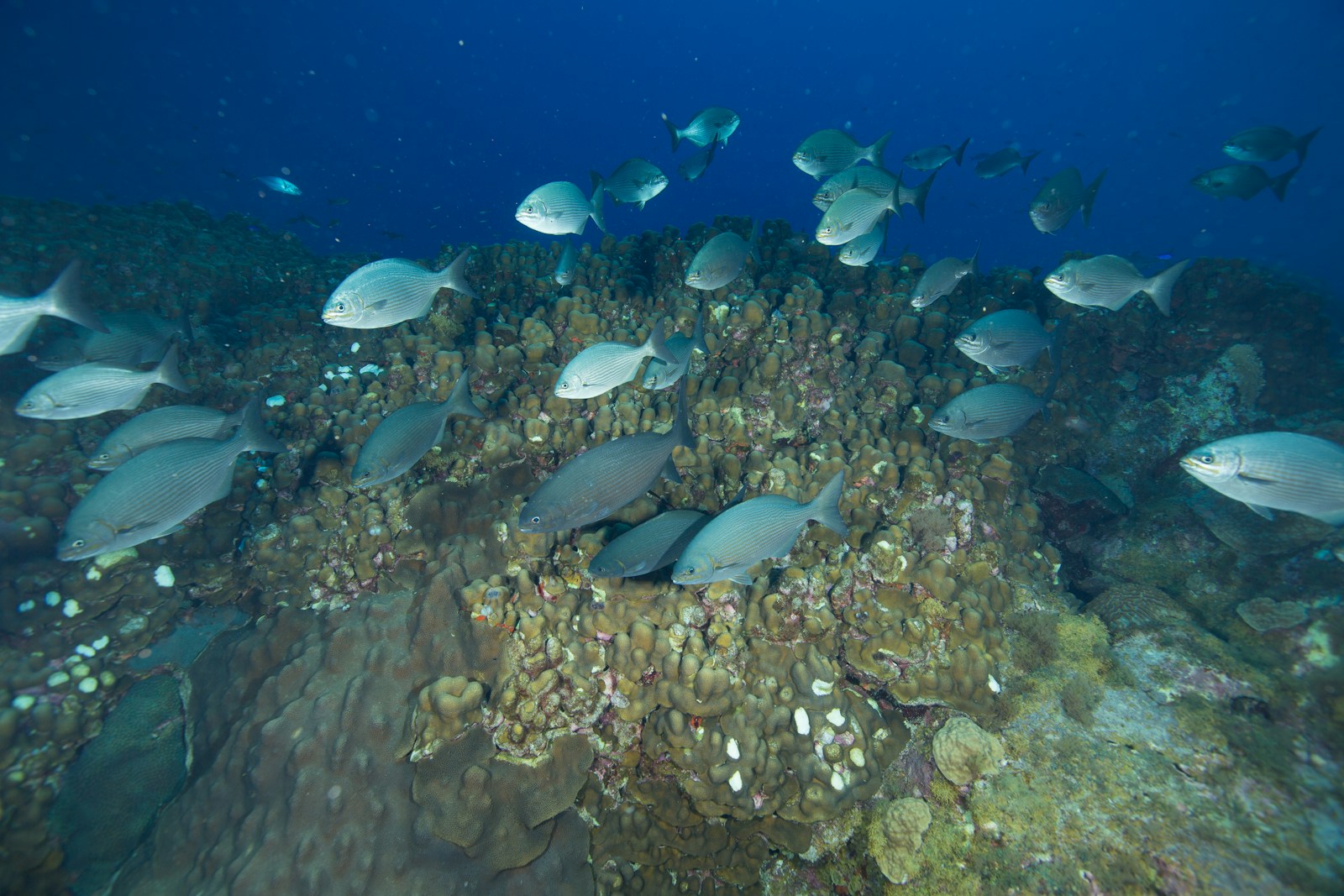Exploring Zanzibar Island: A Journey Through Culture, History, and Paradise

Exploring Zanzibar Island: A Journey Through Culture, History, and Paradise
Zanzibar Island, often referred to as the “Spice Island,” is a destination that enchants travelers with its rich history, vibrant culture, and breathtaking landscapes. Located off the coast of Tanzania in East Africa, Zanzibar has long been a hub of trade, culture, and exploration. Today, it stands as one of the most sought-after travel destinations in the world, offering visitors a unique blend of historical intrigue, pristine beaches, and a colorful, thriving local culture.

The Historical Tapestry of Zanzibar
Zanzibar’s history is as complex as it is fascinating. The island has been a crossroads of cultures for centuries, with influences from Africa, Arabia, Persia, India, and Europe all leaving their mark on the island’s culture, architecture, and traditions. This rich tapestry is most evident in Stone Town, the historic heart of Zanzibar City, which has been recognized as a UNESCO World Heritage Site.

The Origins of Zanzibar
The history of Zanzibar dates back over 20,000 years, with evidence of ancient settlements found on the island. However, it wasn’t until the first millennium AD that Zanzibar began to emerge as a significant trading post. Persian traders were among the first to establish a presence on the island, followed by Arab traders who played a crucial role in the development of the Swahili culture that still thrives in Zanzibar today.
During the medieval period, Zanzibar became a major center for trade in ivory, gold, and, unfortunately, slaves. The island was a key part of the Indian Ocean trade network, connecting Africa with the Middle East, India, and beyond. The influence of the Omani Sultanate, which took control of Zanzibar in the 17th century, is particularly notable, with many of the island’s most iconic buildings and cultural practices tracing back to this period.
Stone Town: A Living Museum
Stone Town is the beating heart of Zanzibar’s history and culture. Wandering through its narrow, winding streets is like stepping back in time. The architecture here is a blend of Arab, Persian, Indian, and European styles, with intricately carved wooden doors, towering minarets, and bustling bazaars that evoke the island’s past.
Key sites to visit in Stone Town include the Sultan’s Palace, the House of Wonders (Beit-al-Ajaib), and the Old Fort. Each of these buildings tells a story of Zanzibar’s past, from the opulence of the Sultanate to the island’s colonial history under British rule. The Anglican Cathedral, built on the site of a former slave market, serves as a poignant reminder of the dark chapter in Zanzibar’s history when the island was one of the largest slave trading hubs in the world.

The Spice Trade
No visit to Zanzibar is complete without exploring its spice plantations. The island’s moniker, “Spice Island,” comes from its historical role as a major producer and exporter of spices such as cloves, nutmeg, cinnamon, and black pepper. Visiting a spice farm is a sensory experience, where you can see, smell, and taste the spices that have shaped Zanzibar’s history.
These spice tours offer more than just a glimpse into the agricultural practices of the island; they also provide insight into the cultural and economic significance of spices in Zanzibar. You’ll learn how these spices were once used as currency, traded across the world, and how they continue to play a vital role in the island’s cuisine and culture today.

The Natural Beauty of Zanzibar
While the history and culture of Zanzibar are compelling, the island’s natural beauty is perhaps its most alluring feature. With its stunning beaches, crystal-clear waters, and vibrant coral reefs, Zanzibar is a paradise for nature lovers and adventure seekers alike.
Pristine Beaches
Zanzibar is home to some of the most beautiful beaches in the world. The island’s coastline is a patchwork of powdery white sand, turquoise waters, and swaying palm trees, creating the perfect backdrop for relaxation and adventure.
Some of the most popular beaches include:
- Nungwi Beach: Located on the northern tip of the island, Nungwi is famous for its stunning sunsets and vibrant nightlife. It’s also a great spot for snorkeling and diving, with its clear waters and abundant marine life.
- Kendwa Beach: Just a short distance from Nungwi, Kendwa is known for its calm waters, making it ideal for swimming and sunbathing. The beach is also the site of the famous Full Moon Party, a monthly event that attracts visitors from all over the world.
- Paje Beach: On the southeastern coast, Paje is a favorite among kite surfers due to its consistent winds and shallow lagoon. The beach is lined with small guesthouses and restaurants, offering a laid-back vibe.
- Matemwe Beach: For those seeking solitude, Matemwe offers a more tranquil experience. The beach is less developed, allowing for quiet walks along the shore and a true escape from the hustle and bustle of modern life.

Marine Life and Coral Reefs
The waters surrounding Zanzibar are teeming with marine life, making it a top destination for snorkeling and scuba diving. The island is part of the larger Zanzibar Archipelago, which includes several smaller islands and coral reefs that are home to a diverse array of species.
The Mnemba Atoll, located off the northeastern coast of Zanzibar, is one of the best places to experience the underwater wonders of the island. This protected marine reserve is a haven for divers and snorkelers, offering the chance to see everything from colorful coral gardens to dolphins, turtles, and a variety of tropical fish.
For those interested in marine conservation, the Chumbe Island Coral Park is a must-visit. This private nature reserve is home to some of the most pristine coral reefs in the region, as well as a variety of rare and endangered species. Visitors can take guided snorkeling tours, learn about coral reef ecology, and even stay overnight in eco-friendly bungalows.
Jozani Forest: A Glimpse of Zanzibar’s Wildlife
Zanzibar is not just about beaches and marine life; the island also boasts unique terrestrial ecosystems. The Jozani Forest, located in the heart of Zanzibar, is the largest area of mature forest left on the island and is home to the endangered red colobus monkey, a species found only in Zanzibar.
A visit to Jozani Forest offers the chance to see these rare primates in their natural habitat, as well as other wildlife such as bushbabies, duikers, and a variety of bird species. The forest is also home to mangrove swamps and salt marshes, which play a crucial role in the island’s ecosystem.
Walking through the forest with a knowledgeable guide provides insight into the delicate balance of nature on the island and the efforts being made to preserve these precious habitats for future generations.
The Swahili Culture
The Swahili culture, which dominates Zanzibar, is a rich blend of African, Arab, and Persian elements. The Swahili people are known for their hospitality, and visitors to Zanzibar will quickly find themselves welcomed with open arms.
One of the best ways to experience Swahili culture is through the island’s festivals and celebrations. The Zanzibar International Film Festival (ZIFF) is one of the most prominent cultural events on the island, attracting filmmakers, artists, and musicians from across the globe. The festival is a celebration of African and international cinema, music, and the arts, offering a unique cultural experience for visitors.
Zanzibar’s Music and Dance
Music and dance are integral parts of Zanzibar’s cultural life. The island is the birthplace of Taarab, a musical genre that blends African, Arab, and Indian influences. Taarab music is characterized by its poetic lyrics and the use of traditional instruments such as the oud, qanun, and violin.
Visitors to Zanzibar can experience Taarab music at cultural performances held throughout the island, especially in Stone Town. The Dhow Countries Music Academy, located in Stone Town, is a great place to learn about the island’s musical traditions and even take part in workshops and classes.
In addition to Taarab, Zanzibar is also known for its energetic and captivating dances, such as the traditional Ngoma dance. These dances are often performed at weddings, festivals, and other cultural events, providing a lively and colorful glimpse into the island’s heritage.
The Flavors of Zanzibar: A Culinary Journey
Zanzibar’s cuisine is a reflection of its multicultural heritage, with flavors and ingredients influenced by African, Arab, Indian, and European culinary traditions. The island’s spice trade history has played a significant role in shaping its cuisine, with spices such as cloves, cinnamon, and cardamom featuring prominently in many dishes.
One of the best ways to experience the flavors of Zanzibar is by visiting a local market, such as the Darajani Market in Stone Town. Here, you can sample a variety of fresh produce, spices, and street food, including the famous Zanzibar pizza, a unique twist on the traditional pizza that’s filled with meat, vegetables, and eggs, then fried to perfection.
Zanzibar’s seafood is also a highlight of the local cuisine, with dishes such as grilled octopus, prawn curry, and fish biryani showcasing the island’s bountiful coastal waters. The combination of fresh seafood and aromatic spices creates a culinary experience that is both flavorful and unforgettable.
For a more immersive experience, consider taking a cooking class where you can learn how to prepare traditional Zanzibari dishes. These classes often include a visit to a spice farm, where you can pick your own ingredients before returning to the kitchen to create a delicious meal.
Recent Posts
Exploring Zanzibar Island: A Journey Through Culture, History, and Paradise
Conquering Mount Kilimanjaro: A Journey to the Roof of Africa
Exploring the Wonders of Arusha National Park: Tanzania’s Hidden Gem





